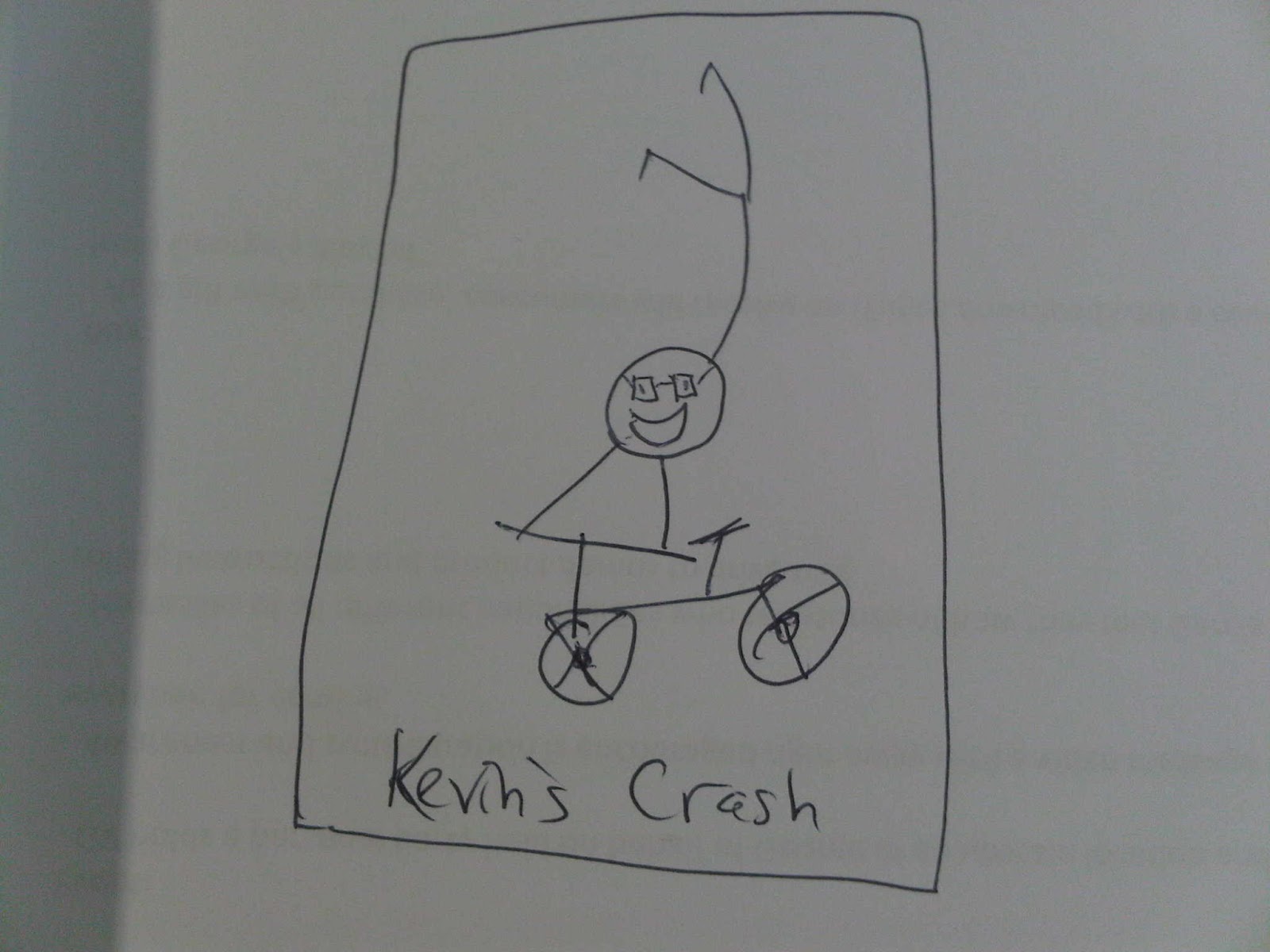Three colleagues and I were sent to Casablanca for business three
weeks ago. The trip lasted four days, so I kept a daily journal. This is the
first day.
So Long Luggage
We have arrived in Casablanca, although without some luggage.
Katie and Malika both checked their baggage in Budapest and, probably because
we only had an hour to change flights in Rome, their baggage is lost.
Their hair product and business outfits are in those cases, which
is not a good situation to be in when you’re looking at two days of client
meetings and retail outlet tours.
Tissue Vendors
At stoplights, vendors walk between cars selling boxes of tissues.
In one case, a guy in the backseat of a BMW bought a box of tissues from a
vendor while the light was changing. As the vendor was fumbling for change, the
car began lurching forward, so the passenger just took two boxes instead of the
change and sped off.
Medina Discovery Walk
We checked into the hotel and went for a Discovery Walk to the
Medina, which is Casablanca’s old market. We quickly got lost in the maze of
old buildings, narrow streets, and stalls.
Along the way we met Omar, who latched onto Arnold right away.
Omar told us he would guide us through the market and took us to a shop, where
he was clearly had the job of steering tourists in. Another guide brought in a
couple of Dutch sailors.
We purchased a few things and Omar took us for a walk through the
market, slowly guiding us to our destination: the Hassan Mosque. Along the way,
he talked about fighting in the war, living in the mountains, traveling with
Berber nomads in the desert, a dead wife, and all manner of hard luck stories.
It all could have been true, or simply tall tales, because when we reached the
mosque, we felt obliged to give him a couple of Euros, enough if he didn’t
expect payment for his tour guide services.
Eating like Moroccans
For dinner we went out for some traditional Moroccan grub: Tagine.
I got the Chicken Tagine with vegetables and couscous. Delicious stuff, but
Malika wisely ordered the lamb with stewed prunes. She’s a light eater, so I
helped out and quickly realized I should have ordered the lamb.








